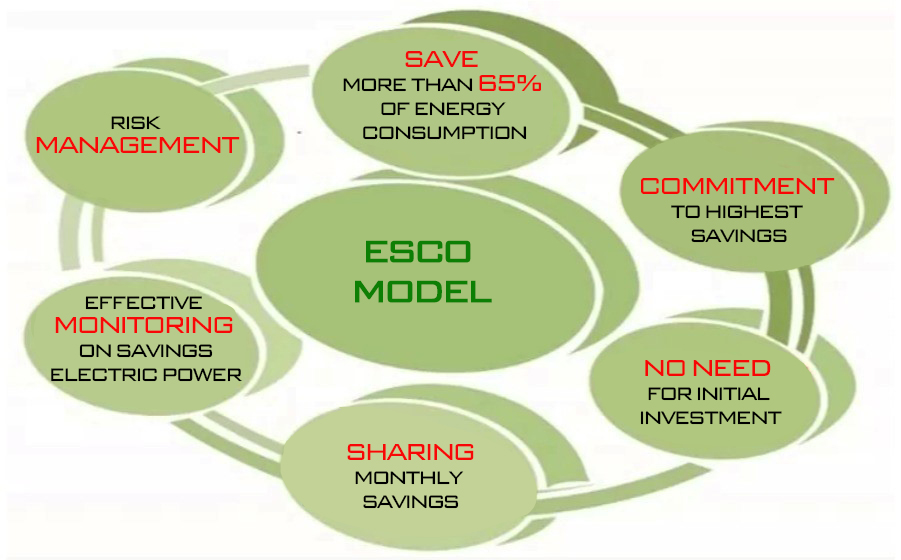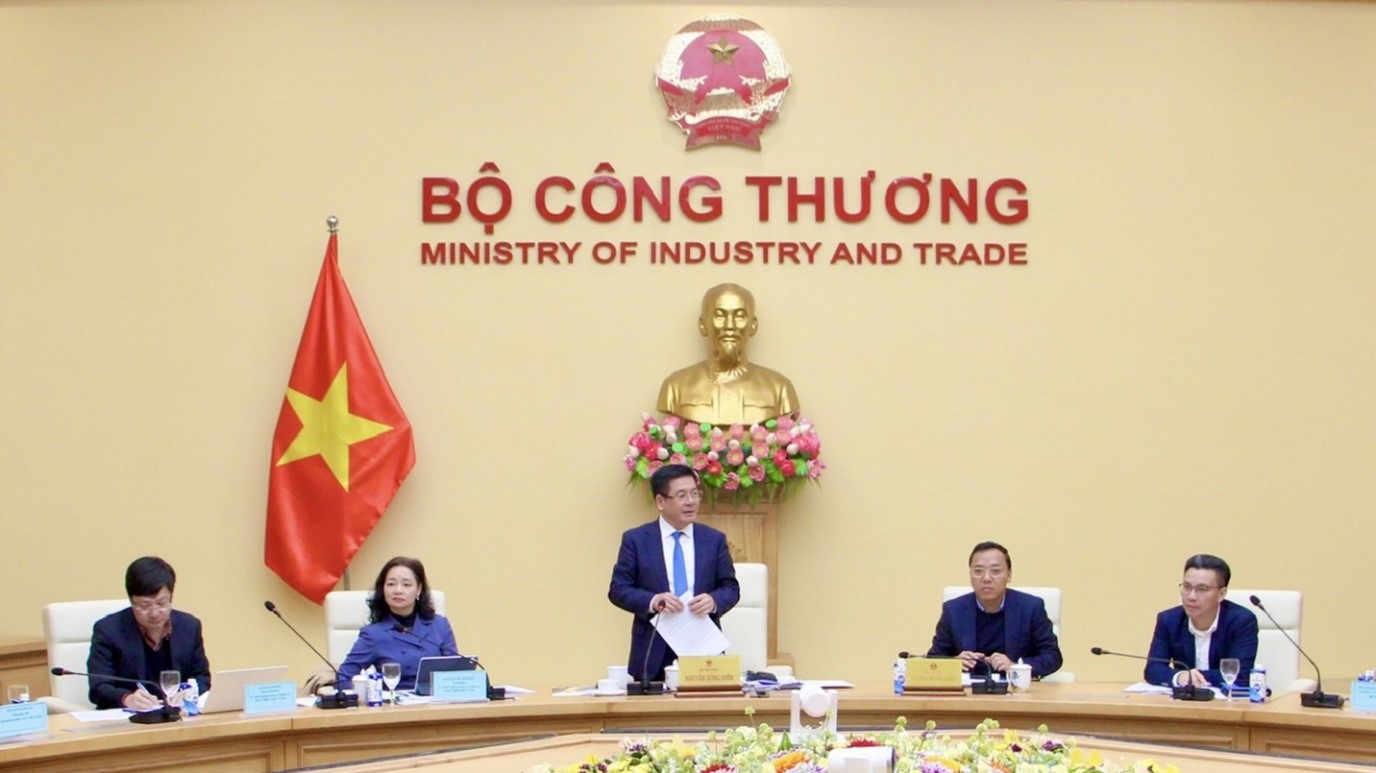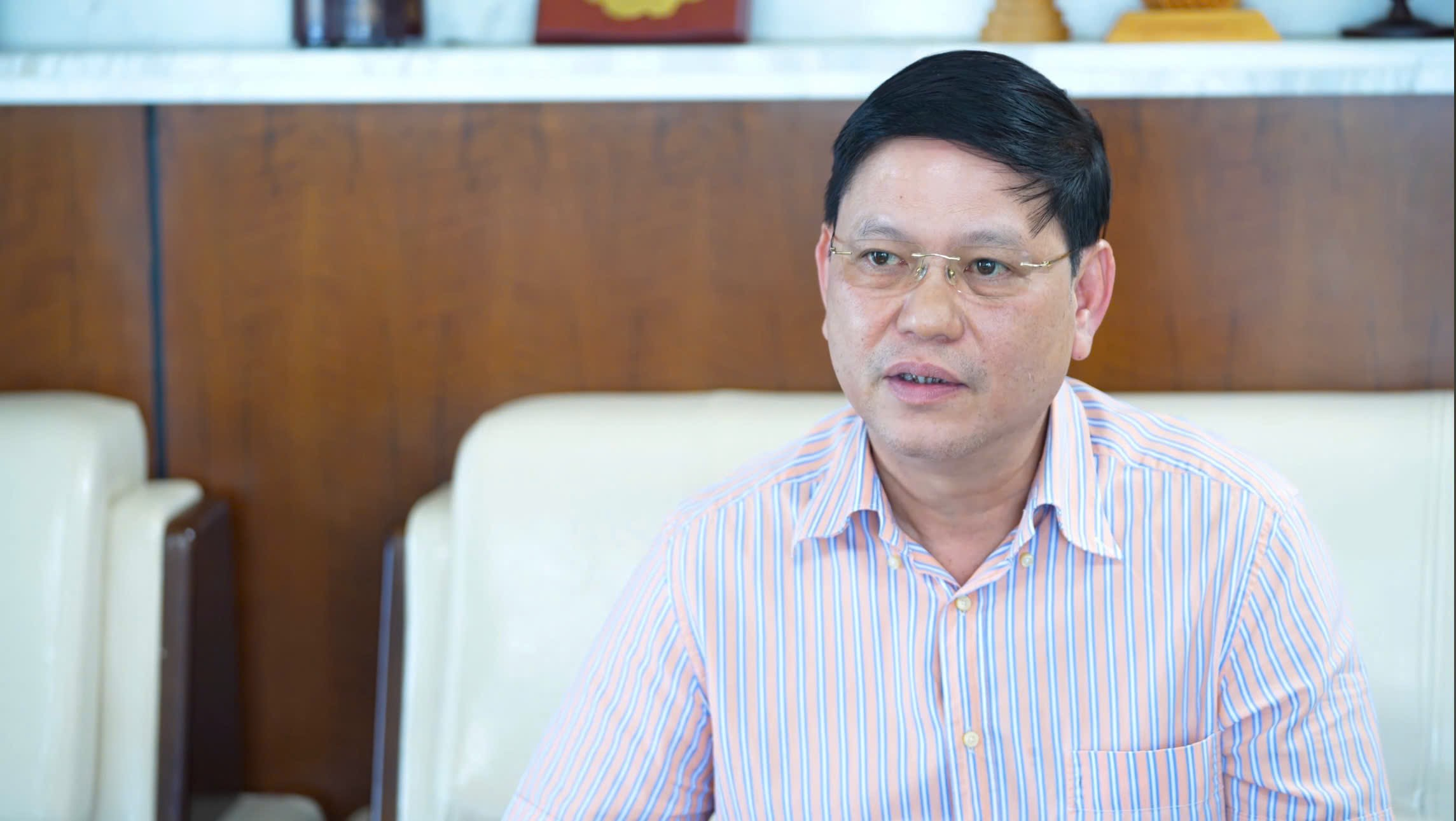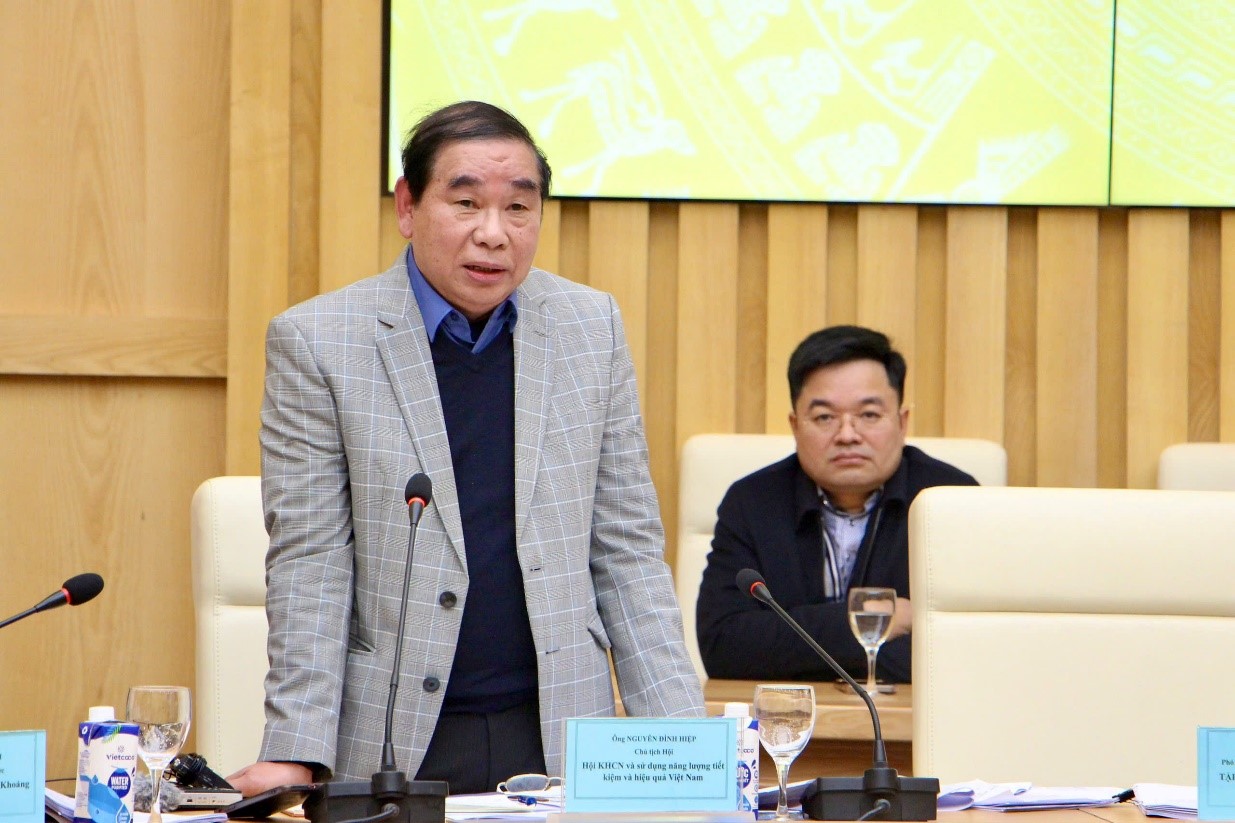At the 9th session of the 15th National Assembly, the National Assembly will discuss and consider approving the Draft Law amending and supplementing a number of articles of the Law on Economical and Efficient Use of Energy (LEEUS). One of the important contents of the Draft Law focuses on building tools to support businesses, perfecting the legal framework, support and incentive mechanisms to form a system of Energy Service Companies (ESCO).
Current status of ESCO activities in Vietnam
The ESCO model has been successfully implemented in many countries, playing an important role in promoting energy savings, reducing greenhouse gas emissions, optimizing operating costs for businesses and sustainable development. The reality of these countries shows that the implementation of Energy Performance Contracts (EPC) through ESCO has significantly contributed to expanding the energy efficiency market and gradually reducing the Government's budget capital.
After 20 years of operation, the ESCO market in Vietnam has still shown many limitations. According to the survey data of the Vietnam Energy Conservation and Efficiency Association (VECEA), Vietnam currently has over 200 organizations and enterprises operating in the ESCO field, but in reality, the number of units registered for ESCO operations and operating under the true ESCO model (business under EPC) is much smaller.

Vietnam currently has over 200 organizations and businesses operating in the field of consulting and providing energy saving services
An energy service company is a entity that provides comprehensive services and solutions or implements investment projects on energy saving and efficiency based on EPC, with investment and business forms in accordance with the provisions of the Investment Law.
An EPC is formed between a customer and an energy service company, serving as the basis for the customer to pay the energy service company when implementing energy-saving and efficient projects.
Excerpt from the Draft of LEEUS

Minister Nguyen Hong Dien chairing first meeting of Drafting Committee of Law amending and supplementing number of LEEUS articles.
Unblocking “bottlenecks” for the ESCO model
Mr. Nguyen Quoc Dung, Head of Business Department of Vietnam Electricity (EVN), said: “As a unit participating in compiling the Draft Law amending and supplementing a number of articles of LEEUS, EVN has given many opinions to remove obstacles regarding the ESCO model. One of the difficulties of the ESCO unit is that there is no specific model that has been legalized. Accordingly, in this Law Project, the ESCO model has been defined and has a scope of operation in the law, and will create conditions for ESCOs to develop strongly."

Mr. Nguyen Quoc Dung, Head of EVN Business Department
Mr. Nguyen Dinh Hiep - Chairman of VECEA said: “The ESCO model is considered a very effective tool in implementing energy-saving investment projects. The draft Law amending and supplementing a number of articles of LEEUS will promote the energy service market by perfecting the institutions and legal corridors for organizations and enterprises operating under the ESCO model."
At the National Assembly meeting on the draft Law amending and supplementing a number of articles of LEEUS on the afternoon of May 5, Chairman of the National Assembly's Committee on Science, Technology and Environment Le Quang Huy agreed with the need to regulate Energy Service Companies. This is a new business model that is effectively used in many developed countries due to its superiority in investing in energy equipment for users in advance and refunding equipment costs during use; promoting the energy-saving market. The ESCO model motivates businesses to invest in this field, contributing to realizing Vietnam's commitment to reducing greenhouse gas emissions and sustainable development.

Mr. Nguyen Dinh Hiep - Chairman of Vietnam Association for Science and Technology for Energy Conservation and Efficiency
Previously, ESCO enterprises faced many difficulties due to the lack of a clear legal framework, especially in signing contracts, dividing benefits, and establishing responsibilities among participating parties. Specific regulations on the ESCO model and related legal frameworks in the draft Law are an important step to remove long-standing barriers in the process of implementing energy-saving and efficiency activities. Legalizing the definition, scope of activities, and financial mechanisms for the ESCO model will help increase transparency and create trust for businesses and investors.
The draft Law on amending and supplementing a number of articles of LEEUS completes the legal framework for the ESCO model, not only opening up development opportunities for businesses and organizations providing energy services, but also contributing to realizing the national goal of sustainable energy use. When policy, financial, and legal barriers are gradually removed, the ESCO model will have the conditions to promote its role as a breakthrough solution, creating momentum to improve energy efficiency throughout the economy.
Translator: Mạnh Hùng
Share